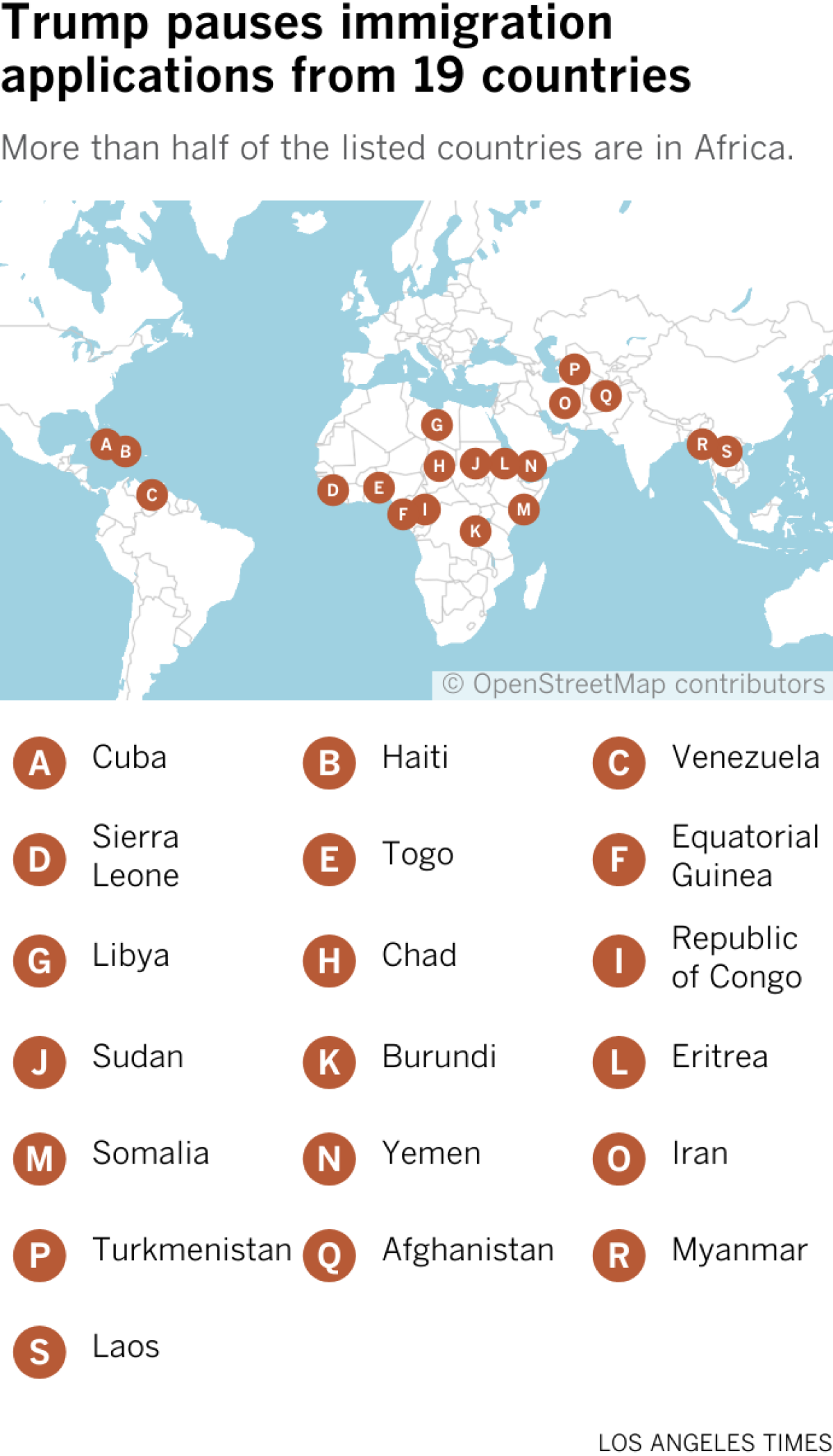BUENOS AIRES (Reuters) – Argentina’s child poverty rate could hit 70% in the first quarter of the year unless there is a change in course, UNICEF warned in a report on Tuesday, reflecting how high inflation, weakening growth and austerity is hitting the country hard.
In a report, the UN Children’s Fund said the poverty rate was rising fast from 57% at the end of last year. Those in extreme poverty could reach 34% up from 19.4%, the agency added, calling for more spending to protect the livelihood of children.
“If current trends continue, the prevalence of poverty in children and adolescents in the first quarter of 2024 would reach values around 70%,” said Sebastian Waisgrais, UNICEF Social Inclusion and Monitoring Specialist.
“That would have repercussions on their current and long-term well-being.”
Argentina’s new right-wing libertarian President Javier Milei has been pushing austerity measures to overturn a deep fiscal deficit, rebuild reserves and stabilize the economy, but this has come at the cost of growth and pushed up poverty.
Milei, who took office in December, is also battling to bring down inherited inflation that has risen above 250%, one of the highest levels in the world, which saps the value of people’s earnings and savings.
The report flagged warning signals saying that the cost-cutting appeared also to be hitting initiatives and welfare programs aimed at protecting children.
“Being fully aware of the fiscal restrictions that the country is facing, UNICEF asks that children and adolescents are prioritized,” added Waisgrais.
“We ask that investment in these sensitive policies is prioritized so that poverty does not continue to increase.”
(Reporting by Lucila Sigal; Editing by Adam Jourdan and Aurora Ellis)

